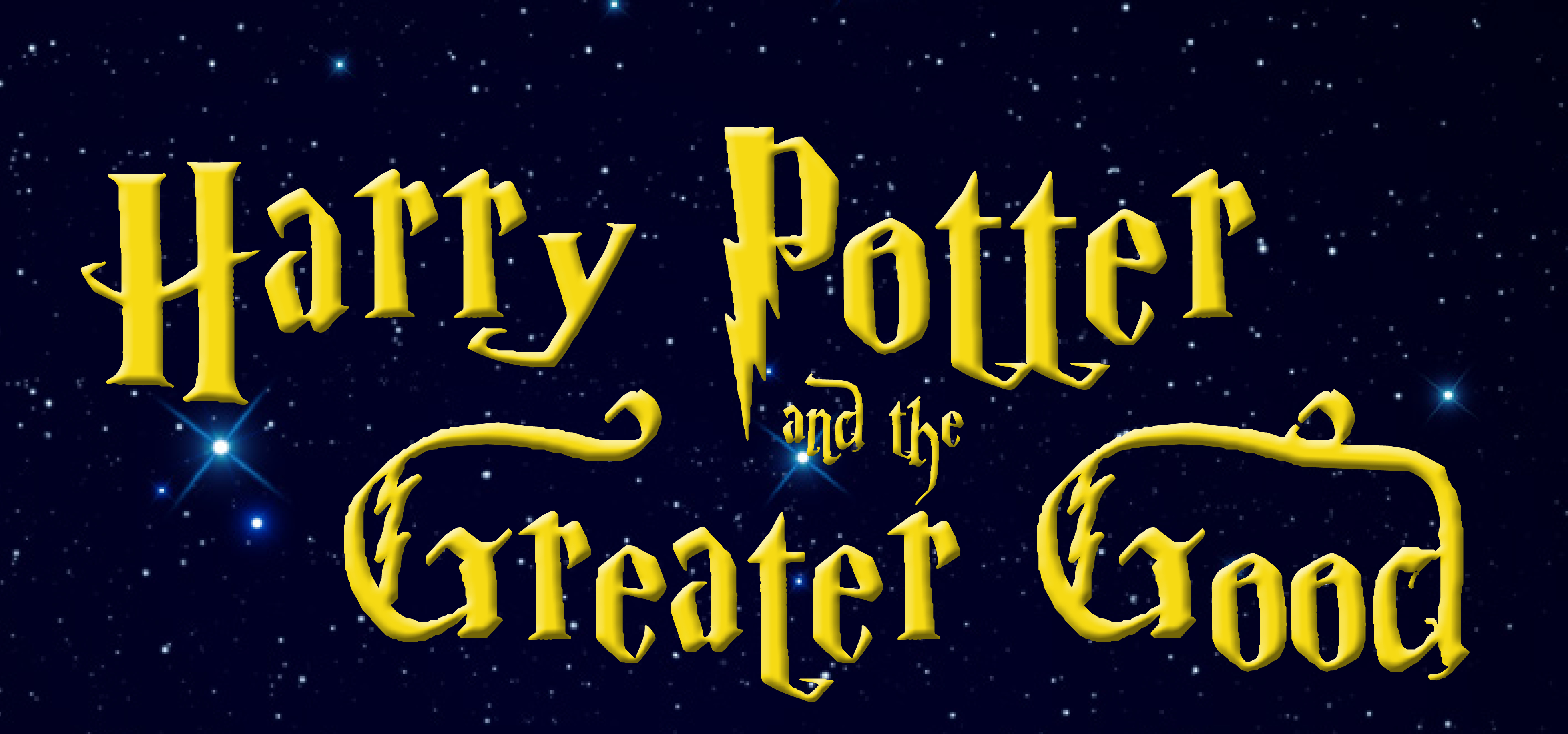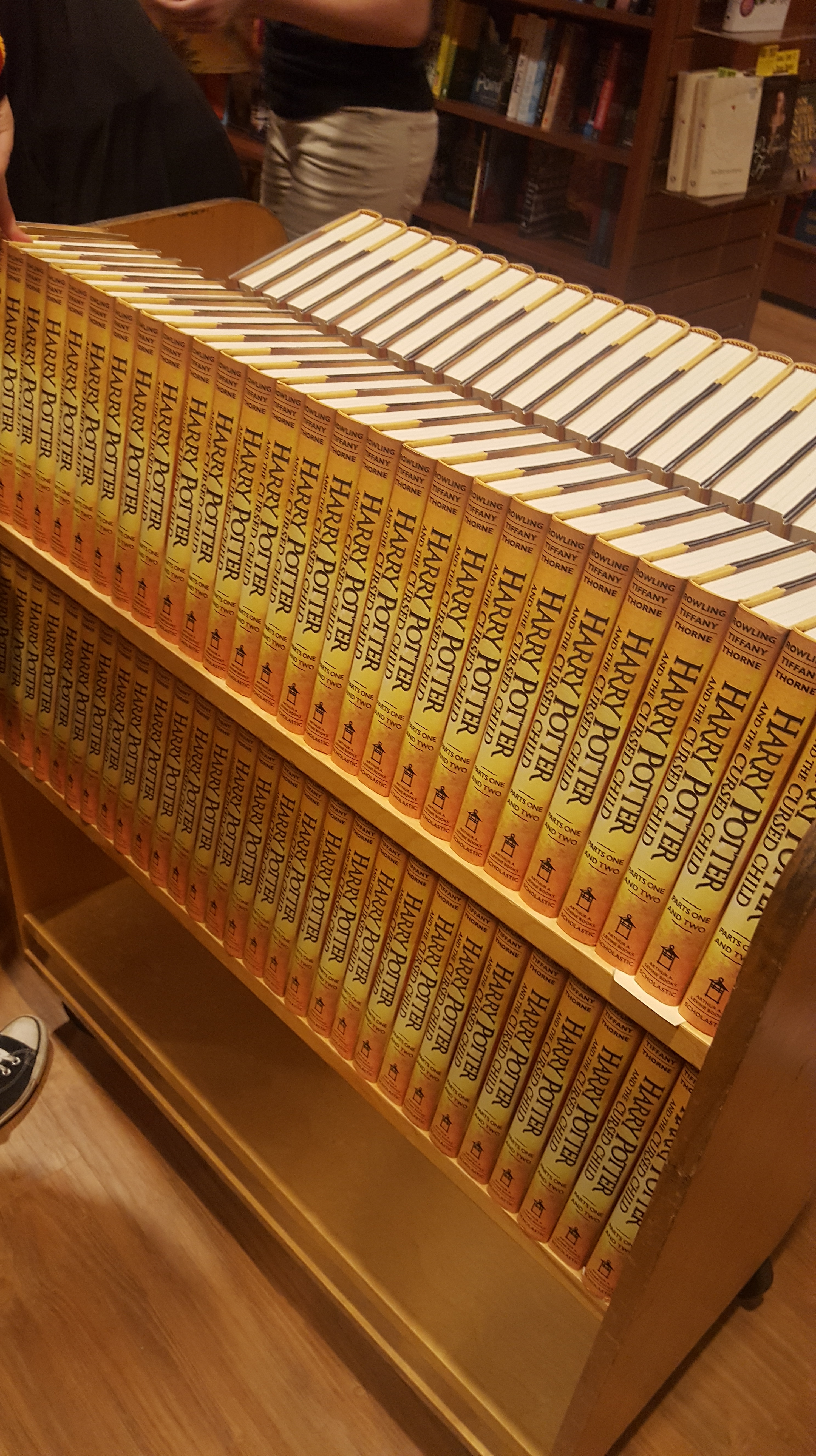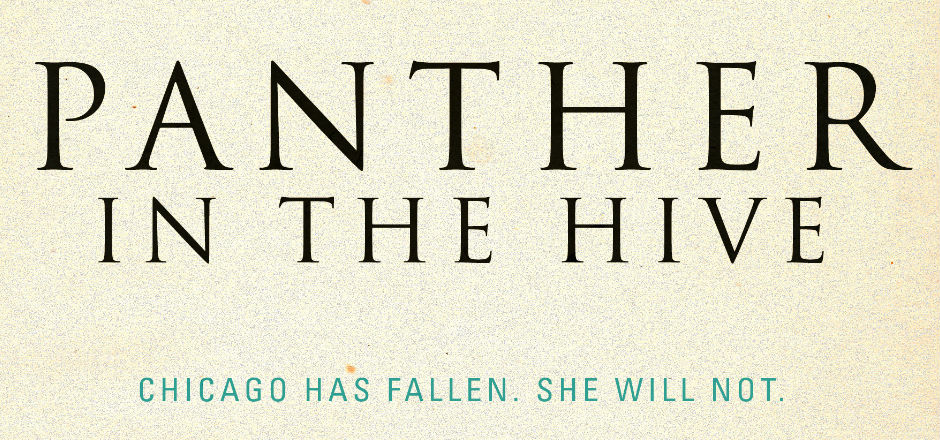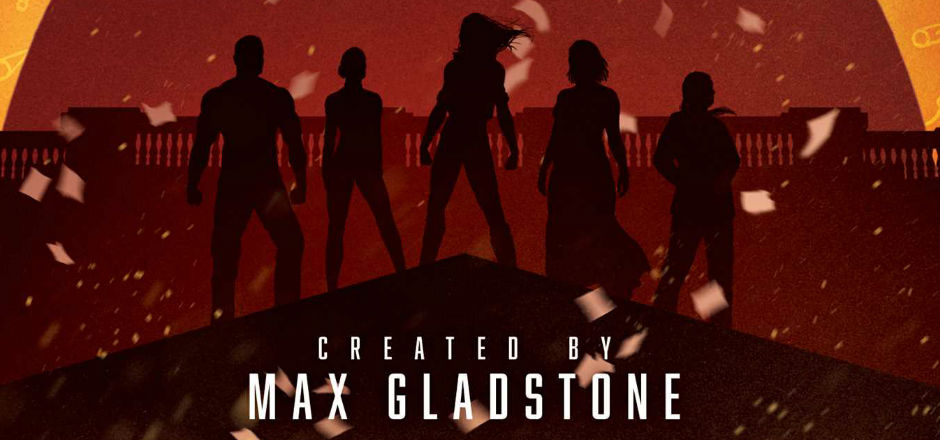For sixteen years now, the walls of Hogwarts have been our home, its professors our mentors, and Harry and his gang our beloved friends. We feared the Dark Lord and his Death Eaters, but we stood together to face him in that last fateful battle on Hogwarts’ grounds. It’s been six years since the Deathly Hallows brought Harry Potter’s journey to a close, but the wizarding world is still very present in the lives of those who grew up alongside Harry, and the lessons it taught us live on.
Most would say the world J.K. Rowling lovingly gave to us is about the wonder and beauty of magic and the unknown; some would argue that the world is actually about learning how to be a truly good person, flawed of course, but simply a good person to the very core. And what does a good person do in the wonderful world of Harry Potter? That person gives every bit of themselves, of their souls, hearts, minds and bodies, to the greater good, which often asks for the most harrowing sacrifices in return, especially from the youngest.
From the first moment we stepped into Hogwarts alongside Harry, the values that make a good person were ingrained in every part of the system in the school. Gryffindor taught us to be brave and daring, but to temper that with conscience; Hufflepuff to work hard and play fair without tarnishing that with arrogance; Ravenclaw valued knowledge and intelligence but taught its students to use it for the advantage of all; and finally, Slytherin encouraged its students to be cunning and ambitious, but to be so without endangering the desires of those around them. Lines were blurred and reset, some ignored altogether, but at its core, that’s what the Houses stand for.
Hardly ever does a student correspond solely to the values of a single house – Harry could’ve ended up in Slytherin, Hermione in Ravenclaw and Neville in Hufflepuff – but it all comes down to what the student is the most willing to contribute towards achieving the greater good.
Since the beginning of the series, the stories of each book demand more and more from the young students of Hogwarts. Whether it was overcoming a crippling fear for the sake of information, as it was in Ron’s case in The Chamber of Secrets, or standing up to the only friends he’d ever made, as it happened to Neville in The Philosopher’s Stone, or withstanding the mockery of the school to stand by one’s beliefs, like Luna Lovegood, the amount of sacrifice these characters were asked to make grew with each new challenge, asking for more than physical sacrifices, but for emotional and psychological ones as well. From the creation of Dumbledore’s Army to the battle in the Department of Mysteries to the last two battles in Hogwarts, most of the students placed their lives unflinchingly on the line to defend Harry and the wizarding world, to defend the world they loved and what was right.
It is in the final battle in The Deathly Hallows where the best examples of sacrifice from the young can be found. While his friends tried t to protect Harry and convince him there was another way, Harry chose to face the Dark Lord anyway with a clear understanding that he’d lose his life. Harry did not come to this decision at the last moment; as he embarked on the quest to find the Horcruxes, Harry knew he would come face to face with Voldermort at the end. Even in book seven when he considers the possibility of having a future with Ginny involving a wedding and happiness, “he could see nothing but Voldemort ahead” (Book 7, pg. 53). He was more than willing to sacrifice his future, his happiness and his life, not only because the prophecy insisted they could only kill each other, but because it was the right thing to do for the greater good. And so Harry took that step into the Forbidden Forest and met Voldemort, escaping with his life only because of a technicality no one saw coming, but not because he expected to.
Another young sacrifice in the last book came from the most unlikely of places: Neville Longbottom. From the moment Neville crossed the Black Lake with the rest of the first years, nobody placed much stock on the shy, clumsy, seemingly powerless boy. As he grew up, Neville began to grow into his power and the bravery that had him placed in Gryffindor, letting go of the traumas of losing his parents to the torture of the Cruciatus curse and a family that did not hide their disappointment in him, which led him to become a formidable opponent to Voldermort – as he would have had he been chosen as a toddler instead of Harry. He took over Dumbledore’s Army in Harry, Ron and Hermione’s absence, and began to give the students of Hogwarts hope in the midst of their oppression by the Death Eathers: “The thing is, it helps when people stand up to them, it gives everyone hope. I used to notice that when you did it, Harry” (Book 7, pg. 574).
But it was towards the very end, when all seemed lost at Harry’s apparent death, that Neville truly showed how committed he was to the greater good. Voldemort gives Neville an out: since he comes from a pureblood family and has stood up to the Dark Lord himself, Voldermost offers Neville the opportunity to secure his life by joining the ranks of the Death Eaters. Neville refuses him, and in an act of bravery and loyalty to the cause, he charges Voldemort, earning the right to pull the Sword of Godric Gryffindor out of the Sorting Hat and destroying Nagini, Voldermort’s pet snake and last remaining Horcrux.
Not everyone who risked their life for the greater good survived the Harry Potter saga. Snape, Fred, Tonks, Lupin, Dobby – alongside many others in the final book alone, not to mention Dumbledore and Sirius in previous novels – were among the ones whose sacrifice paved the way for the victory of good over evil, and each and every one of their sacrifices counted.
If Harry Potter has taught its fans anything, aside from encouraging dreams, bravery and love, and thirst for knowledge, it’s that the greater good demands sacrifice. Sometimes it might seem like it comes at too high a price, but the greater good is worth it. How much we’re worth is measured in how much love and goodness we pour into the world for the sake of making it better, regardless of what sacrifice it asks in return.
Lorraine Acevedo Franqui writes for Girl In Capes from Puerto Rico and holds degrees in English Literature and Psychology. Her main interests are young adult lit, anything related to The Legend of Zelda and Kingdom Hearts, assorted shounen mangas and cats.





